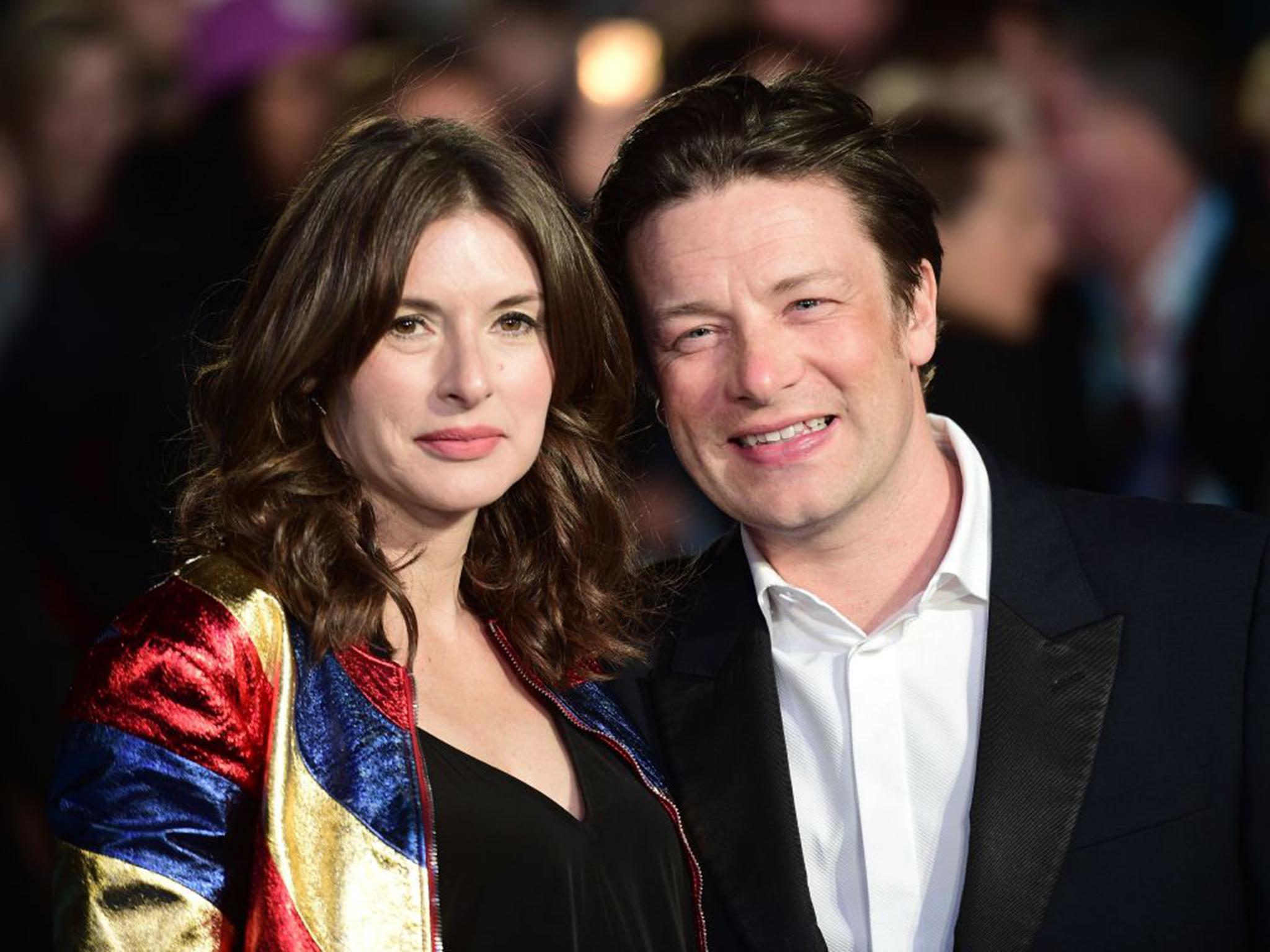Jamie Oliver was right to comment on breastfeeding - we can't silence debate for the sake of oversensitive mums
It is a myth to think that the non-breastfeeding community is the silenced one; for years they have made known their difficulties

Your support helps us to tell the story
From reproductive rights to climate change to Big Tech, The Independent is on the ground when the story is developing. Whether it's investigating the financials of Elon Musk's pro-Trump PAC or producing our latest documentary, 'The A Word', which shines a light on the American women fighting for reproductive rights, we know how important it is to parse out the facts from the messaging.
At such a critical moment in US history, we need reporters on the ground. Your donation allows us to keep sending journalists to speak to both sides of the story.
The Independent is trusted by Americans across the entire political spectrum. And unlike many other quality news outlets, we choose not to lock Americans out of our reporting and analysis with paywalls. We believe quality journalism should be available to everyone, paid for by those who can afford it.
Your support makes all the difference.It’s no wonder babies in Britain aren’t being breastfed: their mothers are too busy waving pitchforks at Jamie Oliver. He’s been criticised this week after offering a fairly uncontroversial opinion. On LBC radio, the no-longer naked chef said the country’s low rates of breastfeeding were cause for concern – and he would campaign to improve them.
Unfortunately for Oliver, women are feeling more sensitive than ever about any claim ‘breast is best’. Over the last decade, the non-breastfeeding community has developed a faux-sense that society is ganging up on them; judging them for choosing alternative methods of feeding their babies. On learning of Oliver’s interview, many told him promptly to get back in the kitchen.
“As somebody who has never done [breastfeeding], I don’t think he should be the face of this campaign," said one grumpy listener. Others have accused him of ‘mansplaining’ – a strange, not particularly sexy-sounding term used to describe when men explain women’s issues to the rest of the world. The general consensus across the internet is that because Oliver cannot breastfeed, he has no right to comment on the subject.
I’ve never breastfed either, but I certainly see this as no reason to shut up. And the same goes for Oliver. For starters, as the father of four children – with another on the way – he’s hardly removed from the trials and tribulations of caring for babies.
Just because it wasn’t his breasts doing the work doesn’t stop him from empathising with the challenges of motherhood. Even more pertinently, Oliver is a chef – and we could all benefit from his opinion on dietary matters.
But even if he weren't a father or a chef, it wouldn't matter; we shouldn’t simply ban people from discussing topics because of their experiences. There are so many examples in life of people offering valuable advice on situations which they will never experience themselves. For instance, should Professor Robert Winston be stopped from discussing pregnancy because he’ll never be pregnant? Should a chameleon expert not give advice to chameleon owners because they are not a chameleon? Take it to its logical conclusion, and the argument doesn’t make sense.
We should all be entitled to make known our views on something that affects everyone in society.
What I find most depressing of all is that Oliver had something sensible to say on the topic of breastfeeding. He’d read the statistics. They tell a troubling story: that Britain has one of the world’s lowest rates of breastfeeding, with just one in every 200 children reported to be breastfed until the age of 12 months.
We have a shame culture, where mothers feel embarrassed to publicly feed their children. In some cases they have been ostracised and cast out from restaurants or other open spaces for engaging in this natural activity.
Clearly something has to change. But any sort of advocation of breastfeeding is now seen as oppressive to those who can’t do it. I understand that it’s difficult and painful for many women – but when it has some many positive health outcomes, it's for the greater good that we promote it.
It is a myth to think that the non-breastfeeding community is the silenced one; for years they have made known their difficulties. And they are wrong to assume that most people judge them for this.
But we must not be so sensitive to them as to whitewash the benefits of breastfeeding. It’s important – and if it takes a man to remind everyone of that fact, than so be it.
Join our commenting forum
Join thought-provoking conversations, follow other Independent readers and see their replies
Comments